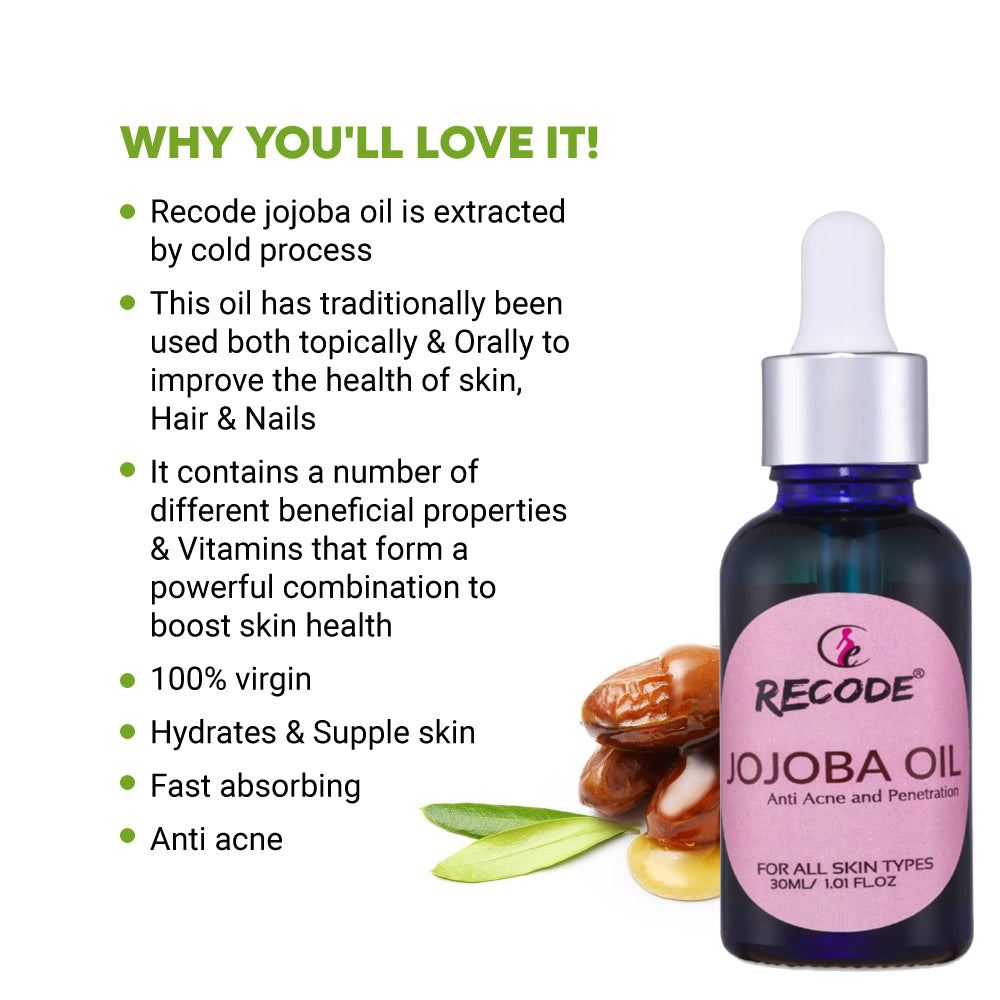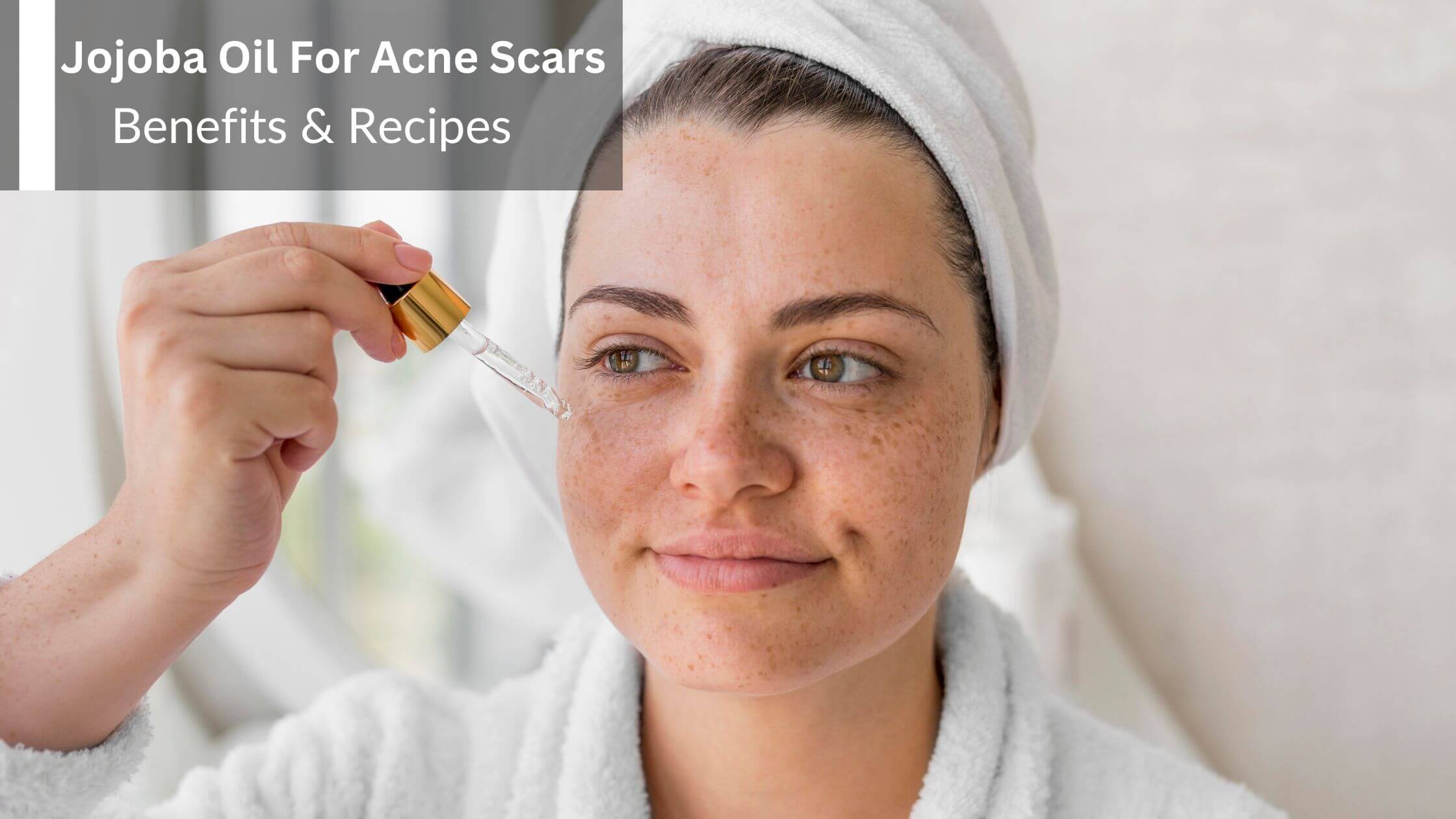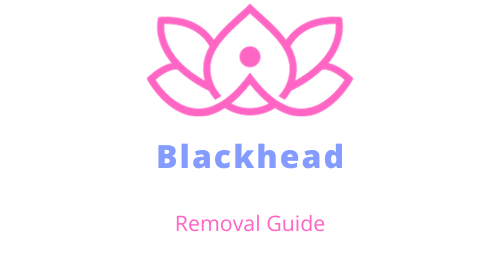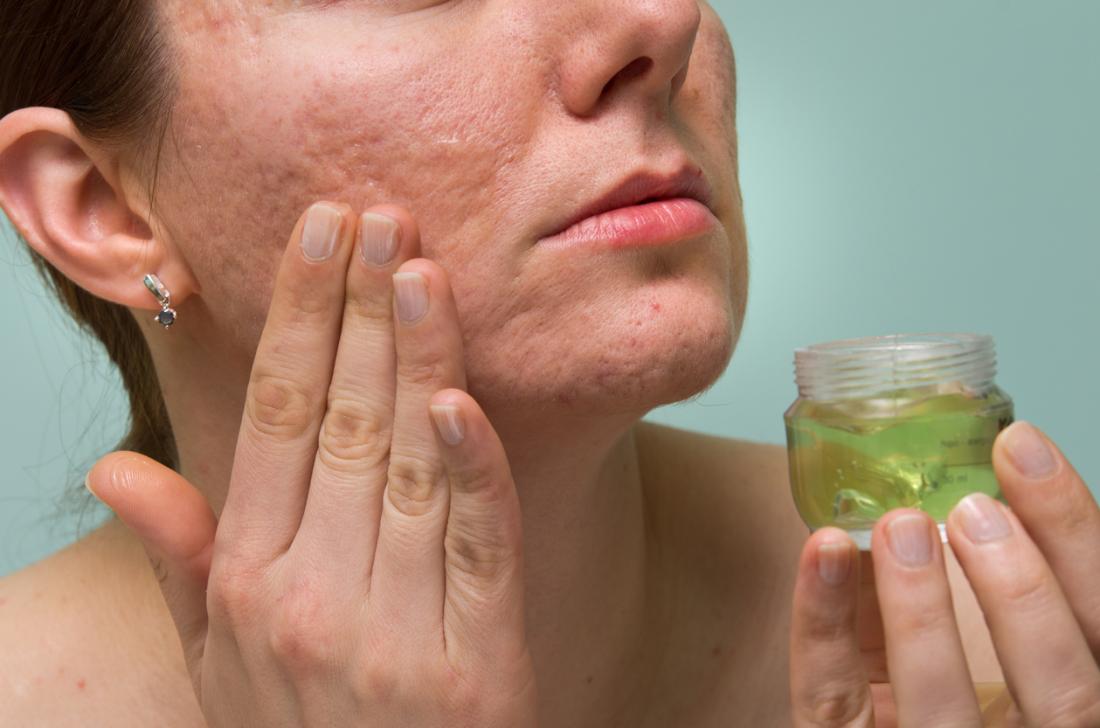To use jojoba oil for acne, apply a few drops to clean skin and massage gently in circular motions. Jojoba oil can be used twice daily, morning and evening, as part of your skincare routine.
Jojoba oil, a natural plant extract, mirrors the skin’s sebum, making it an effective combatant against acne. Its composition allows it to penetrate deeply without clogging pores, balancing oil production and soothing inflammation. Rich in vitamins and minerals, it nourishes the skin while providing antibacterial properties.
This versatile oil not only helps in healing existing acne but also prevents future breakouts. Dermatologists often recommend jojoba oil due to its gentle nature, suitability for all skin types, and its role as a multi-tasking skincare ingredient. Integrating jojoba oil into your daily regimen can lead to clearer, healthier skin over time.

Credit: www.allure.com
Jojoba Oil: A Natural Acne Remedy
Discover the wonders of jojoba oil for acne. This natural oil mimics the skin’s sebum, helping to balance oil production. With its healing properties, jojoba oil is a gentle yet effective solution for acne-prone skin.
The Composition Of Jojoba Oil
Jojoba oil is unique. It’s actually a wax ester similar to human skin oil. This means it can deeply penetrate and soothe the skin. Rich in vitamins and minerals, it nourishes and heals.
Properties Beneficial For Acne
- Anti-inflammatory: Reduces redness and swelling.
- Non-comedogenic: Won’t clog pores.
- Antimicrobial: Fights bacteria that cause acne.
- Moisturizing: Hydrates without leaving a greasy residue.
To use jojoba oil for acne:
- Start with a clean face.
- Apply a few drops to your fingertips.
- Gently massage onto the affected area.
- Leave overnight for best results.
Remember, a little goes a long way. Use jojoba oil consistently for clearer, healthier skin.
Choosing The Right Jojoba Oil
Jojoba oil can be a game-changer for acne-prone skin. But it’s crucial to select the right type for the best results.
Organic Vs. Non-organic Jojoba Oil
Organic jojoba oil is extracted from plants that grow without pesticides. This means fewer chemicals on your skin.
Non-organic jojoba oil might contain residues from pesticides. Organic options are generally kinder to sensitive skin.
Cold-pressed And Unrefined Options
Cold-pressed jojoba oil retains more nutrients, as no heat is used in extraction.
Unrefined jojoba oil is not processed, keeping its natural benefits intact.
| Type of Jojoba Oil | Best for Acne-Prone Skin? |
|---|---|
| Organic | Yes |
| Non-Organic | No |
| Cold-Pressed | Yes |
| Unrefined | Yes |
- Choose organic to avoid harsh chemicals.
- Opt for cold-pressed and unrefined oils to maintain skin health.
Preparation And Application
Treating acne with jojoba oil starts with proper preparation and application. Jojoba oil closely mimics the skin’s natural oils, making it an effective and gentle treatment for acne. Let’s explore how to cleanse your face and apply jojoba oil for the best results.
Cleansing The Face Before Application
Clean skin absorbs oil better. Use a gentle cleanser to remove dirt and makeup. Avoid harsh scrubs that can irritate acne-prone skin.
- Pat your face dry with a clean towel.
- Ensure your hands are clean to prevent spreading bacteria.
Application Techniques For Maximum Benefit
Jojoba oil application is simple but requires careful technique for full benefits. Follow these steps:
- Place a few drops of jojoba oil onto your fingertips.
- Gently massage the oil into your face in circular motions.
- Focus on problem areas but avoid over-applying as this can lead to excess oil.
- Leave the oil on overnight or rinse after 20 minutes if preferred.
Use jojoba oil consistently for best results in acne reduction.
Daily Routines With Jojoba Oil
Jojoba oil is a game-changer for acne-prone skin. It mimics the skin’s natural oils, making it an effective moisturizer without clogging pores. Integrating jojoba oil into your daily skincare can help manage acne.
Integrating Jojoba Oil Into Your Morning Routine
Start your day with jojoba oil for a refreshing feel. Here’s how:
- Cleanse your face gently.
- Pat dry with a soft towel.
- Apply 2-3 drops of jojoba oil on your palm.
- Rub your palms together to warm the oil.
- Gently massage the oil onto your face.
Use jojoba oil before your sunscreen or makeup for added protection and hydration.
Overnight Treatments For Enhanced Results
Using jojoba oil overnight can boost healing. Follow these steps:
- Wash your face to remove makeup and dirt.
- Dry your skin and apply a thin layer of jojoba oil.
- Leave the oil on overnight to work its magic.
In the morning, wash your face as usual. You may notice a softer, clearer complexion.
Spot Treatment Vs. Full-face Application
Dealing with acne can be a complex task, but natural oils like jojoba oil offer a gentle and effective solution. The versatility of jojoba oil allows for two main methods of application: spot treatment and full-face application. Understanding when to use each approach can maximize the benefits for your skin.
When To Use Spot Treatment
Spot treatment with jojoba oil is ideal for targeted acne care. Use it when:
- A new pimple emerges.
- You have sensitive skin and need to avoid full-face application.
- Only certain areas of your face are prone to breakouts.
Apply a small amount directly on the blemish. Do this once or twice daily.
Applying Jojoba Oil To The Entire Face
For overall skin health, a full-face application of jojoba oil can be beneficial. This method works best for:
- Evening out skin hydration.
- Reducing overall inflammation.
- Preventing future breakouts.
Warm a few drops of oil between your palms. Gently massage it over your entire face. Use a circular motion. Opt for nighttime application. This allows the oil to work while you sleep.

Credit: shop.recodestudios.com
Combining Jojoba Oil With Other Products
Jojoba oil is a versatile product that can work wonders for acne-prone skin. Its natural composition mimics the skin’s sebum, helping to regulate oil production. When combined with other skincare products, jojoba oil can enhance their benefits, leading to clearer, healthier skin. Let’s explore how to mix jojoba oil with creams and gels, and how to create custom face masks for targeted acne treatment.
Mixing With Creams And Gels
Integrating jojoba oil into daily skincare routines is simple. Start by choosing a non-comedogenic cream or gel. Add a few drops of jojoba oil to a dollop of your chosen product. Mix them together before applying to the face. This combination ensures the skin receives intense hydration without clogging pores.
| Product | Jojoba Oil Amount | Instructions |
|---|---|---|
| Acne Cream | 2-3 drops | Mix with cream, apply nightly |
| Moisturizing Gel | 2-3 drops | Blend with gel, use daily |
Creating Custom Face Masks
Personalized face masks can target specific skin concerns. To use jojoba oil in a face mask, mix it with natural ingredients like honey or green tea. Apply the mask evenly across the face, leave it on for 10-15 minutes, then rinse with warm water. This method helps soothe inflammation and fight acne bacteria.
- Honey and Jojoba Mask: Combine 1 tablespoon of raw honey with 3 drops of jojoba oil.
- Green Tea and Jojoba Mask: Mix 1 teaspoon of green tea leaves with 3 drops of jojoba oil and a splash of water.
Remember to patch test any new combination on your skin to ensure compatibility. With these simple blends, jojoba oil can become a powerful ally against acne.
Managing Expectations And Patience
Understanding how to use jojoba oil for acne requires patience. Results vary based on skin type and severity of acne. It’s vital to set realistic expectations and be patient during the treatment process.
Timeframe For Seeing Results
Jojoba oil’s effectiveness isn’t overnight. It’s a gentle, natural product that works subtly over time. Most users start to see improvements in their acne within a few weeks. For some, it could take up to a few months. The key is to keep track of your skin’s progress and adjust usage as needed.
Consistency Is Key
Regular use of jojoba oil is crucial for best results. Apply a few drops to clean skin twice daily. Be consistent with your skincare routine to allow the oil to properly balance skin’s oil production and clear pores.
| Time | Expectation |
|---|---|
| Week 1-4 | Minor visible changes, less inflammation |
| Month 1-3 | Reduced acne breakouts, smoother skin texture |
| Month 3+ | Clearer skin, maintained results |
- Apply jojoba oil after washing your face.
- Use gentle, circular motions to massage the oil into the skin.
- Avoid using too much oil; a few drops are enough.
Remember, consistency in applying jojoba oil is more effective than excessive use. Stick to a simple, consistent routine for best results.
Potential Side Effects And Considerations
While jojoba oil is celebrated for its skin benefits, especially for acne-prone skin, it’s important to use it correctly. This natural remedy comes with considerations for potential side effects. Being aware of these can ensure a safe and positive experience.
Identifying Allergic Reactions
Allergies to jojoba oil are rare, but they can happen. Signs of an allergic reaction include redness, itching, or swelling. To avoid any adverse effects, perform a patch test. Apply a small amount of oil to your inner forearm. Wait for 24 hours. If there is no reaction, it’s likely safe to use on your face.
Understanding Non-comedogenic Properties
Jojoba oil is known for its non-comedogenic properties. This means it’s unlikely to clog pores. Yet, everyone’s skin is different. Some might experience breakouts if their skin is more sensitive to oils. It’s essential to start with a small amount. Then observe how your skin reacts over several days.
| Consideration | Action | Observation |
|---|---|---|
| Allergic Reaction | Patch Test | Check for redness, itching, swelling |
| Non-Comedogenic Test | Apply Small Amount | Monitor for new breakouts |
Remember, always use 100% pure jojoba oil. Check for added ingredients that might irritate acne-prone skin. If in doubt, consult with a dermatologist before incorporating new products into your skincare routine.
Success Stories And Testimonials
Discover the remarkable impact of jojoba oil on acne through stories that resonate with transformation. Embrace the journey of individuals who have battled acne and emerged victorious, thanks to the nurturing touch of jojoba oil.
Real Experiences With Before And After Results
Countless users have shared their before and after stories online, showcasing the clear difference jojoba oil has made on their skin. Images reveal reduced redness, fewer breakouts, and a smoother skin texture after consistent use.
- User A: Reported a 70% reduction in blemishes after 4 weeks.
- User B: Shared a noticeable decrease in acne scars over 2 months.
- User C: Celebrated clearer skin, with before and after photos as proof.
Advice From Skin Care Experts
Dermatologists acknowledge jojoba oil’s resemblance to human sebum, which may help balance oil production. Experts suggest starting with a patch test, followed by nightly application as a spot treatment or overall moisturizer.
| Expert | Recommendation | Expected Outcome |
|---|---|---|
| Dr. Smith | Use pure jojoba oil for direct application | Reduced inflammation and healing of acne |
| Dr. Lee | Mix with aloe vera for sensitive skin | Gentle acne treatment and hydration |
| Dr. Patel | Combine with tea tree oil for added antimicrobial effect | Enhanced clearing of acne-causing bacteria |

Credit: mokshalifestyle.com
Maintaining Clear Skin Post-acne
Acne can be a persistent challenge, but even after blemishes fade, the quest for clear skin continues. Jojoba oil, celebrated for its close resemblance to human sebum, can be a powerful ally in maintaining a smooth, clear complexion post-acne. It’s time to explore how this natural wonder can keep your skin in top condition.
Continued Use Of Jojoba Oil
Regular application of jojoba oil may help keep skin clear. Its non-comedogenic nature means it won’t clog pores, a key factor in preventing new breakouts. Here’s a simple routine:
- Cleanse your face to remove impurities.
- Apply a few drops of jojoba oil onto your fingertips.
- Gently massage the oil into your face, focusing on problem areas.
- Consider leaving the oil on overnight for deep hydration.
Lifestyle Tips For Acne Prevention
Beyond jojoba oil, certain habits can promote lasting clear skin:
- Stay hydrated to help your skin maintain balance.
- Eat a balanced diet rich in vegetables, fruits, and lean proteins.
- Avoid touching your face to reduce the spread of bacteria.
- Exercise regularly to boost circulation and detoxification.
Frequently Asked Questions
Can I Apply Jojoba Oil For Acne?
Yes, jojoba oil can be applied to acne-prone skin. Its anti-inflammatory properties help reduce acne inflammation, making it a suitable natural treatment.
Can I Leave Jojoba Oil On My Face Overnight?
Yes, you can leave jojoba oil on your face overnight. It’s non-comedogenic, making it ideal for hydrating skin as you sleep.
Is Jojoba Oil Pore Clogging?
No, jojoba oil is not pore-clogging; it is a non-comedogenic substance that mimics the skin’s natural oils.
Can I Use Jojoba Oil Directly On My Face?
Yes, you can use jojoba oil directly on your face. It is safe and beneficial for all skin types due to its hypoallergenic properties.
Conclusion
Jojoba oil has proven to be a game-changer for acne-prone skin. Its natural properties not only help in reducing acne but also nourish the skin deeply. For best results, remember to use pure jojoba oil and apply it consistently as part of your skincare routine.
Embrace this natural remedy and watch your skin transform with a clearer, healthier complexion. Give jojoba oil a try and experience its benefits firsthand!

